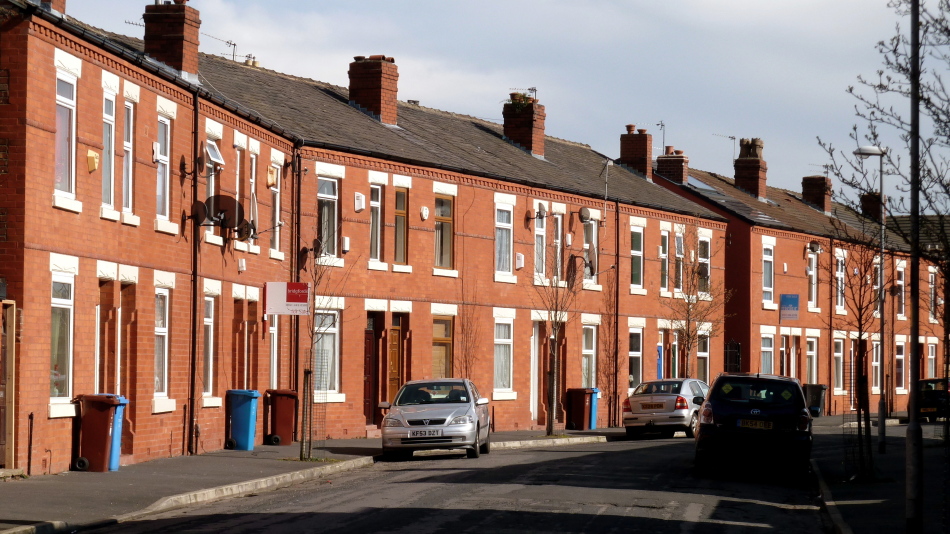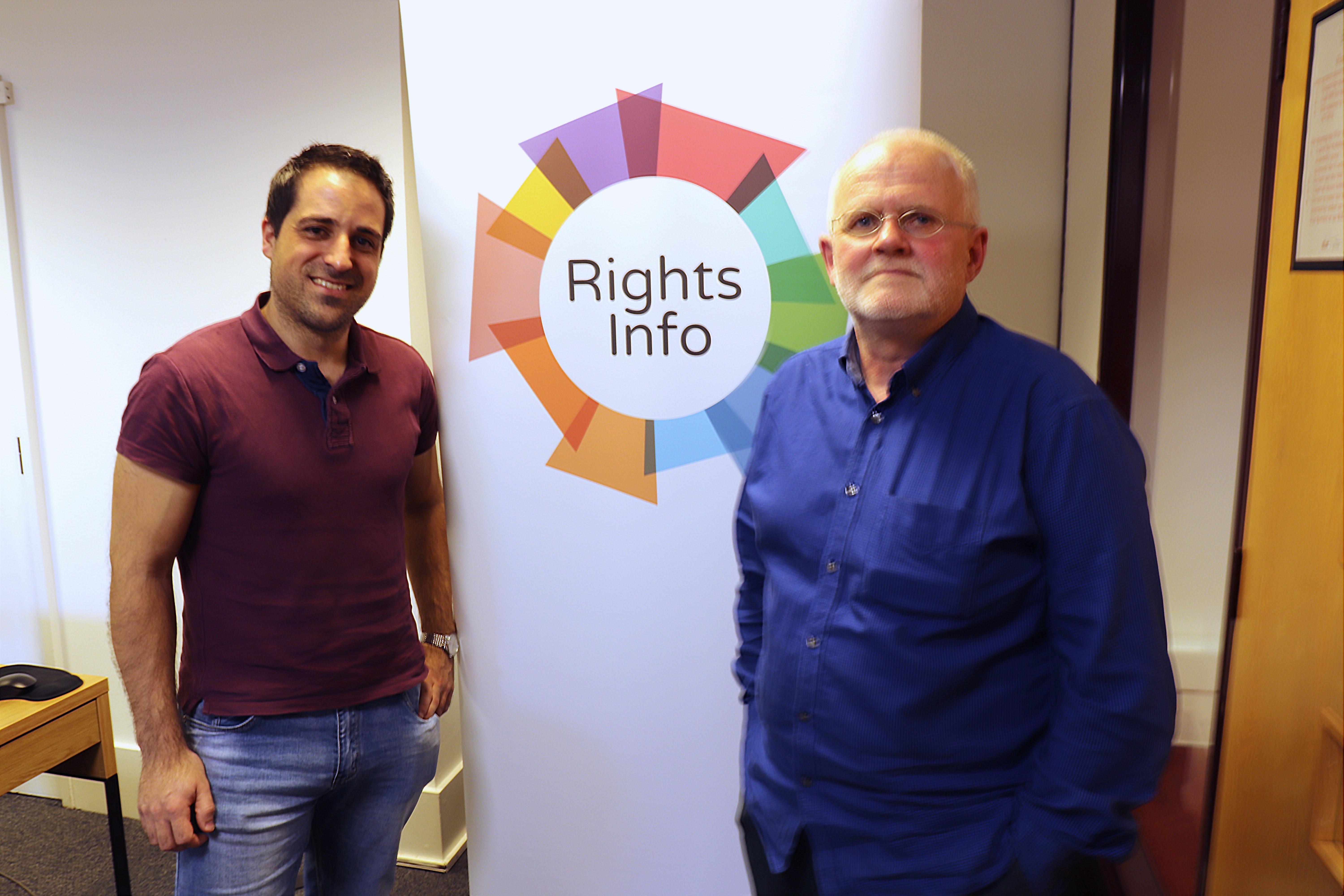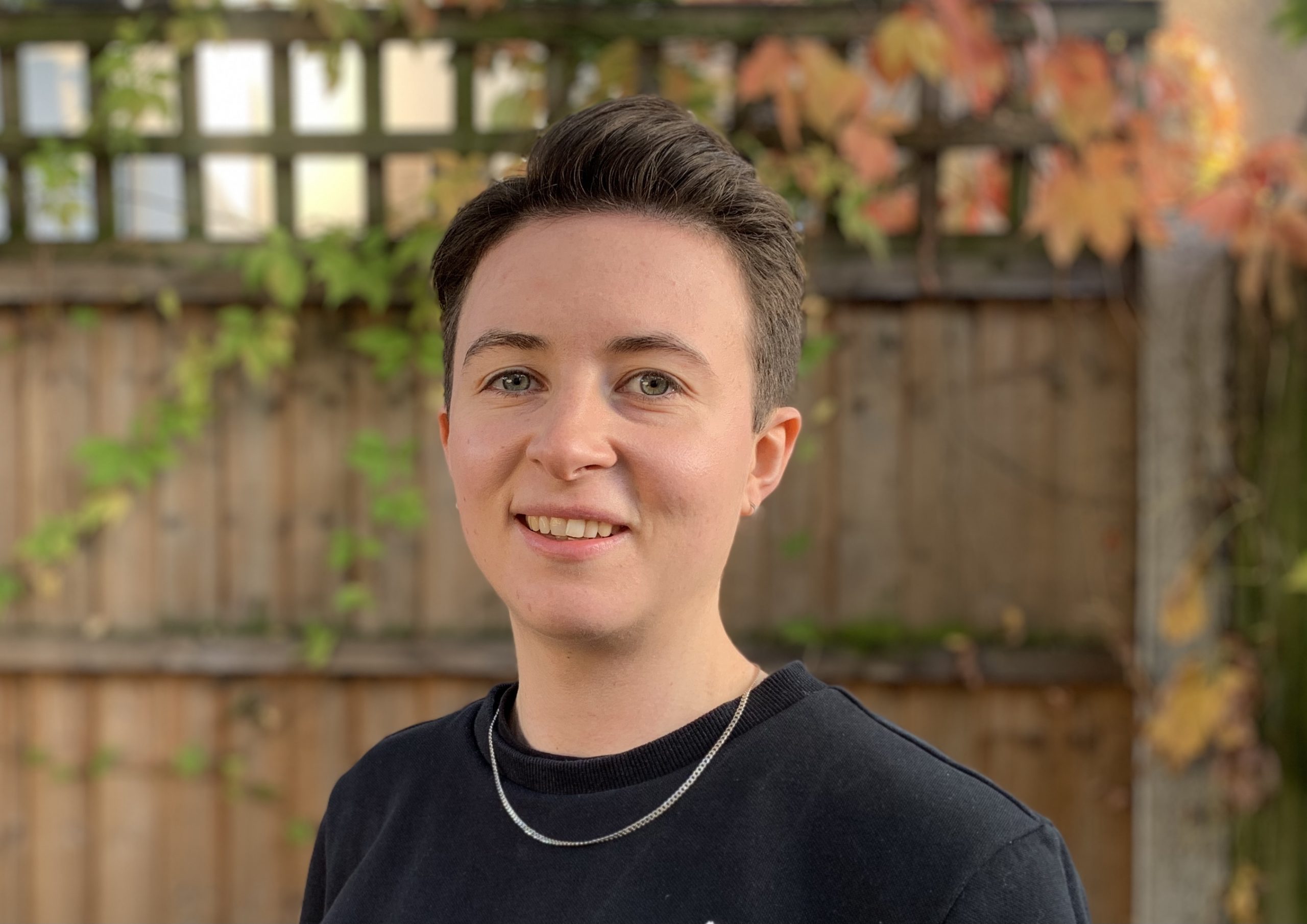Two years ago, human rights campaigners Koldo Casla and Peter Roderick first discussed creating a bill enshrining social and economic rights in the UK. With a draft version now out for consultation, their vision is creeping closer to reality. Ella Braidwood finds out more.
Back in 2017, Koldo Casla and Peter Roderick, who both work at Newcastle University’s Institute of Health & Society, first had a conversation about the state of social, cultural and economic rights in the UK. These rights encompass our daily lives – from adequate housing to having an effective welfare state and quality education.
The pair, who met through a mutual contact at food alliance charity Sustain, noted the failure of the UK to include protections for these rights in domestic law, despite the country’s obligations under a number of international treaties it has signed up to.
While many other nations – including Finland, Canada and Spain – include some sort of system protecting these rights, the UK is an outlier. To address this, Casla, who is also policy director of social rights charity Just Fair, and Roderick worked alongside five other academics to publish their draft “Economic, Social and Cultural Rights Bill” with Newcastle University. It is out for consultation until July.
This bill builds on previous milestones in this sphere; however Casla tells RightsInfo that he believes it is the first attempt to bring about legislation of this kind in the UK.
Back in 2008, parliament’s Joint Committee on Human Rights issued a report considering whether such rights should be incorporated into a bill. And, in Scotland last December, the First Minister’s Advisory Group on Human Rights Leadership recommended that that its government should work towards a “new human rights framework”, including social and economic issues.
Below, Koldo and Casla explain why the UK needs this bill in addition to the UK’s Human Rights Act 1998 – especially if the country leaves the EU.
Q: What are social, economic and cultural rights?
KC: “I could give a list, including housing, health, social security, and education. But, I think another way of doing it is by saying that these are every day rights – the rights that most of us encounter every day.
“All of us are renting and all of us are concerned about the quality of education. All of us are also concerned about the quality of our welfare state and whether the NHS is sufficiently or adequately funded.
“Really economic and social rights are about ensuring that we are truly free – that we are not just formally free to say what we want, but that we are actually, materially free.”
Q: Why do we need this bill when we already have the Human Rights Act 1998?
KC: “The Human Rights Act 1998 was a massive step forward but, contrary to what is commonly believed, it didn’t bring human rights home.
“It rather brought some human rights home as it incorporated one human rights treaty, the 1950 European Convention on Human Rights.
Really economic and social rights are about ensuring that we are truly free – that we are not just formally free to say what we want, but that we are actually, materially free.
Koldo Casla, policy director at Just Fair
“The European Convention does not recognise economic, social and cultural rights, namely, the right to adequate housing, the right to food, the right to social security, and so on.
“Our bill would fill that gap by bringing home the remaining set of rights proclaimed in international treaties that the UK has voluntarily subscribed to but so far failed to incorporate into UK law, particularly the 1961 European Social Charter and the 1966 International Covenant on Economic, Social and Cultural Rights.”
Q: Please could you give specific examples of the rights your draft bill could protect?

Image credit: Wikimedia Commons
PR: “A good way of looking at it is through the decisions of the European Committee of Social Rights, under the European Social Charter.
“There are, by my calculation, around 31 violations currently against the UK. These include contracts of employment; the circumstances under which deductions of wages can be made; the level of the minimum wage; and the level of benefits. There is also the whole question of equal pay for men and women.”
There are, by my calculation, around 31 violations currently against the UK.
Peter Roderick, principal research associate at Newcastle University’s Institute of Health & Society
KC: “Another example, which the government recently pledged to ban, is getting rid of no-fault or Section 21 evictions. The bill would also propose allowing asylum seekers in the UK the right to work while their applications are decided (they are currently banned from doing this).
“There is also welfare reform. The government has capped the protection of the welfare state for people who are suffering the most. A bill would ensure that a minimum standard is ensured for everyone.”
Q: What will happen to economic, social and cultural rights in the UK if we leave the European Union?

Image credit: Wikimedia Commons
KC: “We will lose standards that currently come from EU law. We are going to lose, for starters, the EU Charter of Fundamental Rights, that includes some economic and social rights in the chapter on solidarity. There is also the EU legislation on environmental protection; consumers rights; workers’ rights; and equality between men and women.”
Q: Why should the general public care about a bill protecting social, economic and cultural rights?
PR: “I guess, if there was a person here now, asking me that question, I would say to them: ‘Are you happy with your housing situation? Are you happy with your job situation? Are you happy with your education situation? Are you happy with your income situation?’
“In my view, each individual would realise that the rights involved in this bill are actually directly relevant to their daily lives – although these are obviously different for different people.”
Q: What is your timeline for the bill?
KC: We’ll have the consultation open until July. Then we’ll revise the draft based on the input received. We hope to finalise that stage in Autumn. Our next step will be to present the bill to civil society and galvanise popular support. As we gather enough support we’ll engage with potential allies in Parliament in 2020.







